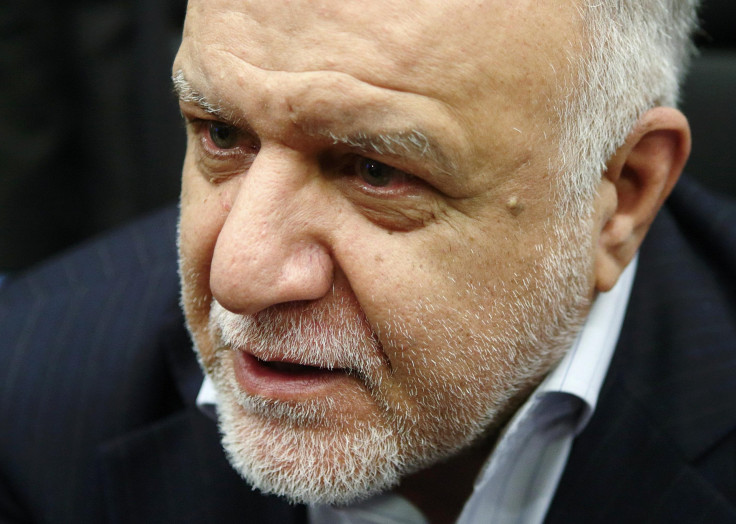Iran-Russia Oil Trade Deal Would Expand 'Long-Term Economic Relations' Between Countries

An oil-based economic alliance between Iran and Russia may not become a reality as quickly as originally expected, according to a new report. The two countries, both of which face a host of sanctions from the West, have planned an energy partnership that would -- in theory -- last for an unspecified and extended period of time. However, it’s unclear when exactly the partnership will begin.
The finer details of that alliance will have to wait, Russian Energy Minister Alexander Novak said Monday, according to Iranian news outlet Press TV. Novak was responding in part to a high-ranking energy official from Iran who said his country was also looking to seal similar deals with other countries.
“We want to have long-term economic relations with the Russians,” Bijan Zangeneh, Iran’s minister of petroleum, said Saturday, according to Press TV. “Our plan is to seriously expand economic and technical ties with Russia,” he continued, before adding, “I also think it is good to develop Iran’s economic ties with Russia, China, India and emerging economic states.”
Iran seemed optimistic last week about the so-called “oil-for-goods” deal that it planned to have already begun by this point, according to Bloomberg. The agreement would see Russia selling up to 500,000 barrels per day of Iranian oil daily in return for cash as well as Russian goods and services. "We agreed with (Russian Energy Minister) Alexander Novak in Vienna that Russia will buy less than 500,000 bpd from Iran in exchange for cash, and Iran will use this cash to buy Russian goods such as steel, wheat and oil products from Russia," Zanganeh said Friday in Vienna following a meeting of the Organization of Petroleum Exporting Countries. “Much of this will be for cash, and we will be using this money to buy commodities from the Russians.”
This would not be the first time Russia and Iran have teamed up for a trade deal. In April, Russia announced it would sell high-tech air defense missiles to Iran, a move designed to ingratiate Russia to the Middle Eastern state in the wake of global sanctions. Georgy Mirsky, a Russian expert on the Middle East, summed it up succinctly to the Washington Post: “A few years back, I heard one of our diplomats say: ‘A pro-American Iran is more dangerous for us than a nuclear Iran.’"
Additionally, according to a Russian official, the pending nuclear deal between Iran and the U.S. is likely to be completed on schedule, Reuters reported. "I would like to quash any talk of a deadline extension. Reaching a deal by the date set, by June 30, is possible," Russian Deputy Foreign Minister Sergei Ryabkov said Friday.
© Copyright IBTimes 2024. All rights reserved.






















